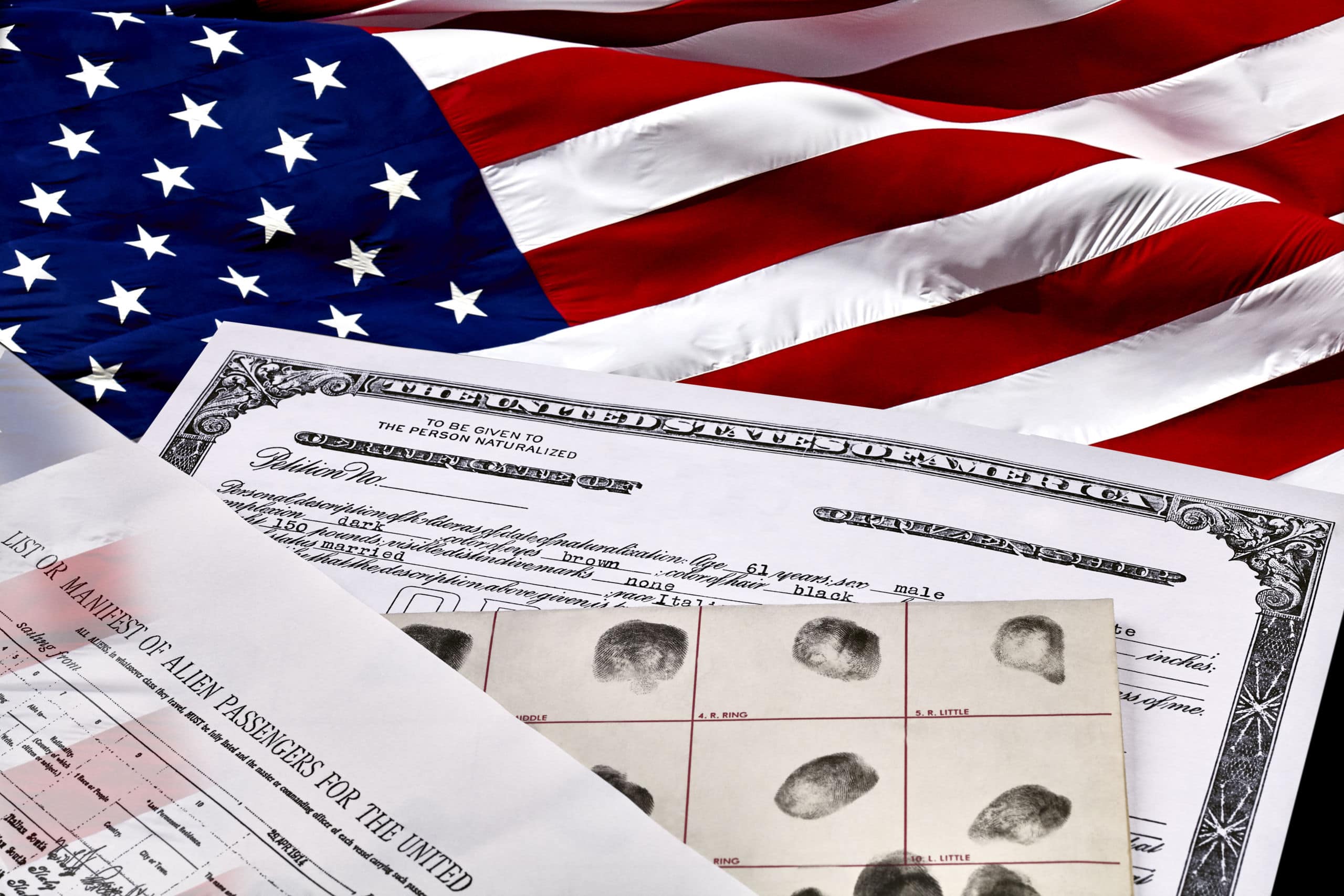Published November 26, 2020
By: Richard Hanus, Esq.
Becoming a U.S. citizen can present numerous challenges for applicants, whether intellectually, logistically or in many cases, emotionally. A deeply personal and meaningful process in the hands of a U.S. Department of Homeland Security immigration officer is an experience that can cause many foreign nationals to feel uneasy and full of angst, no matter their eligibility or confidence in other aspects of life. That angst is going to soon become worse for many applicants, with the implementation of an expanded U.S. government/civics test component of the naturalization process, a test most of our U.S. born friends would be challenged to pass.
Foreign nationals living in the U.S. as lawful permanent residents (aka green card status) seeking to become U.S. citizens must comply with various requirements as part of the N-400 naturalization process, including, with some exceptions, passing an English and civics/U.S. government test. For N-400 applications received by US DHS/CIS on or after December 1, 2020, this portion of the process becomes more challenging, with subject applicants needing to answer 12 out of 20 questions correctly, double the number than previously required. Whether the incoming administration will look to overturn this new requirement is not yet known.
As far as the basics are concerned, applicants for naturalization, with some exceptions, must meet the following requirements: 1) 5 years residing in the U.S. as a lawful permanent resident (3 years for those married to and living with a U.S. citizen for this period), 2) physically present and residing in the U.S. for more than half of the above period and with no single departure outside the U.S. exceeding 6 months (with some exceptions), 3) good moral character and 4) basic competence in reading and writing in English, and knowledge of basic principles about U.S. government and history.
On this last requirement, as noted above, the outgoing administration is looking to make life significantly harder for applicants. Previously, applicants were asked 10 questions orally during their naturalization interview, and required to answer 6 correctly. The 10 questions were taken from a list of 100 questions provided by U.S. Citizenship and Immigration Services. Now though, this component will include a pool of 128 possible questions – and where applicants will be asked 20 questions, 12 of which must be answered correctly. The expanded list of questions can be found here: https://www.uscis.gov/citizenship-resource-center/the-2020-version-of-the-civics-test/128-civics-questions-and-answers-2020-version
Importantly, certain applicants are exempt from fulfilling the English and civics requirements, most notably those with certain physical, developmental or mental disabilities which prevent them from learning or demonstrating their knowledge. Additionally, certain longtime residents are exempt from the English language requirement and are allowed to take the civics portion in their native language, including those over the age of 50 years and with 20 years of lawful permanent residence and those over 55 and with 15 years of lawful permanent residence. Finally, for applicants over the age of 65 and with more than 20 years of lawful permanent residence, in addition to being exempt from the English language portion of the test, they will only be required to answer 6 out of 10 questions correctly, and from a reduced list of 20 possible questions.
For detailed and reliable feedback on all aspects of the U.S. naturalization process, be sure to contact experienced, reputable immigration counsel, such as Richard Hanus of the Law Offices of Richard Hanus.
PUBLISHED November 26, 2020– “IMMIGRATION LAW FORUM” Copyright © 2020, By Law Offices of Richard Hanus, Chicago, Illinois

